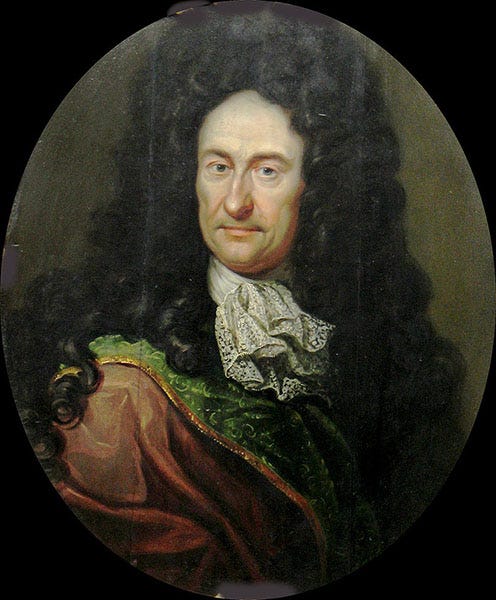Before there was Leibniz,1 there was Ferdinand Columbus.2
Hui, Andrew. “Dreams of the Universal Library.” Critical inquiry 48.3 (2022): 522–548.
This article explores the dream of the universal library in Gottfried Wilhelm Leibniz’s Theodicy, Jorge Luis Borges’s “The Library of Babel,” and Wim Wenders’s Wings of Desire. This is a story that, though often mentioned, is underexplored in both literary and intellectual histories. Scholars have overlooked the dream of the total library perhaps because this theme appears in works that transcend literary, aesthetic, and philosophical genres. I argue that the dream of the total library morphs from Leibniz’s assured hierarchy of knowledge in which God is at the apex to Borges’s and Wenders’s more anxious post-enlightened epistemic regimes in which knowledge, decentered and leveled, becomes data, or worse, noise. The fantasies of textual omniscience can change our understanding of our European genealogies of knowledge and information theory more broadly. Taken together, their dreams of a total library constitute a central episode in the great romance of the pursuit of encyclopedic knowledge. In a world awash in a superabundance of signs and symbols and systems, they ask: How does the human mind orient itself? What Ariadne’s thread can it grasp? What possibilities of free will lie therein its imaginary infinite stacks?
Whenever I see Leibniz mentioned I like to post his picture because it always amazes me that this most prominent figure in the history of philosophy and the history of mathematics—and a librarian—had such hair. Jolley, Nicholas, (ed.), 1995. The Cambridge Companion to Leibniz. Cambridge University Press.
Klaus Wagner, La biblioteca colombina en tiempos de Hernando Colón (Seville: Universidad de Sevilla, 1992); cf. José Fernández Sánchez, Historia de la bibliografía en España (Madrid: Ministerio Cultura, 1983); Kimmel, Seth (2021). "Early Modern Iberia, Indexed: Hernando Colón's Cosmography". Journal of the History of Ideas. 82 (1): 1–28.





"Scholars have overlooked the dream of the total library perhaps because this theme appears in works that transcend literary, aesthetic, and philosophical genres."
I would argue the 'Dream of a Total Library' or at least of a Great Library extends back to Ashurbanipal, at least, and possible earlier. (Hammurabi?)
"I like to post his picture because it always amazes me that this most prominent figure in the history of philosophy and the history of mathematics—and a librarian—had such hair."
This clearly the moment to cue up the Queen song.
elm
how much of it was real?
What a find! What a surprise! What a treat!